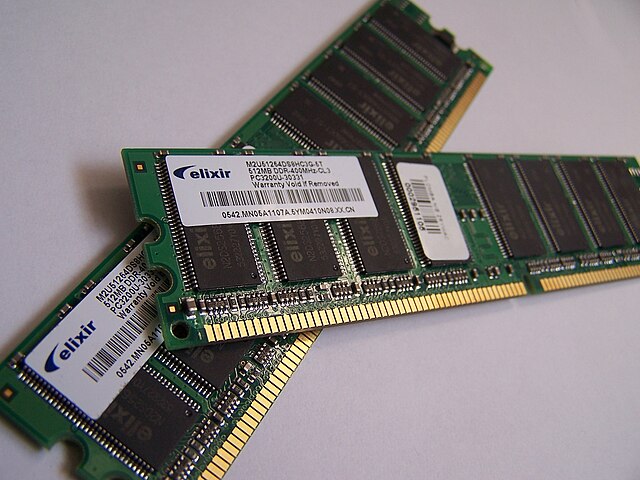Infinite photos and videos for every Wiki article ·
Find something interesting to watch in seconds
Celebrities
Largest Empires
Great Museums
Famous Castles
Great Cities
Presidents
British Monarchs
Recovered Treasures
Wonders of Nature
Crown Jewels
Animals
Orders and Medals
Great Artists
Ancient Marvels
Kings of France
History by Country
Largest Palaces
Countries of the World
Supercars
Rare Coins
Wars and Battles
Tallest Buildings
Richest US Counties
World Banknotes
Best Campuses
Sports
more top lists


